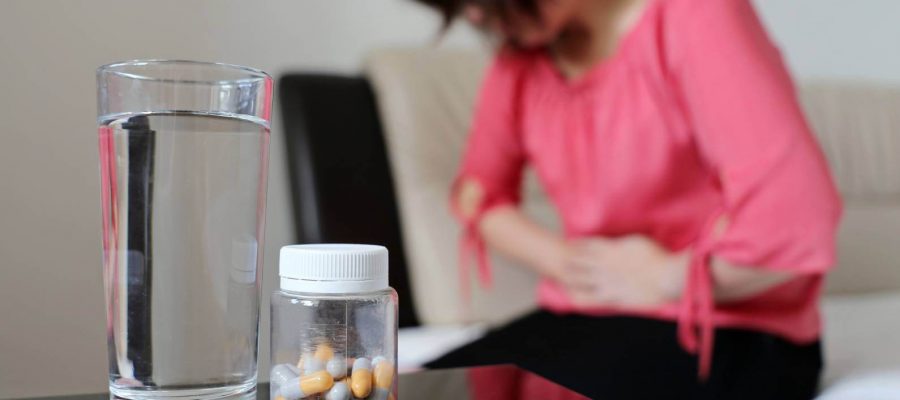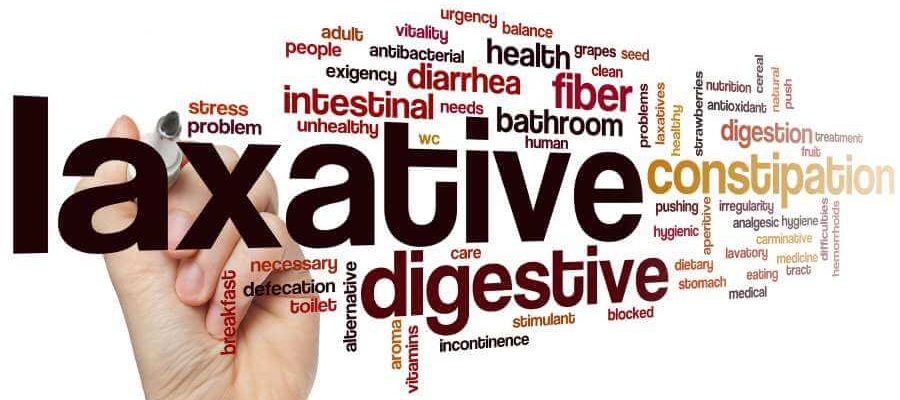
Treatment for Laxative Abuse can be medically need for those with excessive laxative abuse. Laxatives are over-the-counter medications that adults, adolescents, and children can utilize when experiencing constipation or other gastrointestinal complications. Usually, these medications are only used when directed by a doctor or when medically necessary, however, there are some people who use them regularly in an effort to lose weight.
When someone abuses laxatives, what he or she is doing is removing water from the body and incorporating it into their stool in an effort to increase bowel movements. As a result, some people abuse laxatives such as fiber supplements and stool softeners in an attempt to keep their weight down or to flush out food that they recently binged on. While this might not seem to be a major problem, especially because laxatives are not illegal and can be purchased at any drugstore in the country, the abuse of laxatives is a serious issue that can lead to even more serious health concerns. Our laxative abuse treatment can help you recover physically and mentally in a safe environment.
Signs and Symptoms of Laxative Abuse
Laxative abuse is not always the simplest of conditions to recognize, especially if it is not being looked for. However, when the signs and symptoms of this type of eating disorder are known, it can be easy to see when laxative abuse is occurring. The symptoms most common with this illness include the following:
- Frequently purchasing laxatives
- Being dishonest about laxative use
- Frequent bathroom breaks
- Avoiding people, places, and things that might stand in the way of laxative abuse
In addition to these behavioral effects of laxative abuse are several physical and mental effects, including the following:
- Cramping
- Rectal bleeding
- Electrolyte imbalances
- Dehydration
- Feeling shameful
- Anxiety
- Irritability
- Agitation
Continuing to participate in laxative abuse can cause an individual to experience a number of severe health consequences, such as:
- Kidney/liver damage
- Irritable bowel syndrome (IBS)
- Colon infection/cancer
- Blurred vision
- Muscle weakness
- Tremors
- Stretched colon
- Nerve damage in the heart
It is important to understand that abusing laxatives can also cause death, as several of the effects that can occur from this type of eating disorder are unable to be treated when they reach a certain level of severity. This is why getting help at our laxative abuse treatment program as soon as the signs occur is vital to your recovery.

What to Expect at Our Laxative Abuse Treatment
The type of treatment that an individual who is abusing laxatives will need will be dependent on a few factors; specifically, the following:
- The length of time the laxative abuse has been occurring
- What types of laxatives are being consumed
- How much of the laxative is being used
- The presence of any other eating disorders/mental illnesses
For those who have the most severe cases of laxative abuse, it is likely that they will require hospitalization prior to getting therapeutic treatment for laxative abuse. When hospitalized, the individual will receive treatments he or she needs based on the issues that have developed. For example, it is common for someone with an extreme case of laxative abuse to require rehydration through intravenous methods. Or, someone who has an infection in their colon will need antibiotics to help clear the infection. Again, the treatment that is provided while hospitalized will depend on what physical symptoms the individual is experiencing.
Similar to treating other eating disorders like anorexia and bulimia, those who require laxative abuse treatment can participate in inpatient programming, partial hospitalization programming, and outpatient programming.
Laxative Abuse Recovery Programs
Inpatient programming:
Inpatient treatment for laxative abuse is best suited for those who have a serious problem with laxatives. When involved in this type of treatment, an individual will reside at the facility with others in recovery and receive both medical and therapeutic services that will help them recover. Some of the most common therapies utilized in inpatient treatment for laxative abuse include cognitive behavioral therapy (CBT) and dialectical behavioral therapy (DBT).

Partial hospitalization programming:
Partial hospitalization treatment for laxative abuse is a form of treatment that can benefit those who do not require inpatient programming, but who need more structure than an outpatient program. In many cases, individuals who have completed inpatient programming transition into partial hospitalization as a way to re-enter his or her everyday life in a slow but steady manner.
Through this type of treatment, individuals can reside at home if they choose, or at a facility. They will spend the majority of their time participating in a full day’s worth of therapeutic exercises both individually and collectively with others.

Outpatient programming
Treatment for laxative abuse also offers an outpatient programming option. Designed for those who do not have a severe case of laxative abuse, outpatient programming allows individuals to attend the program for a few hours a day and/or a couple of days a week. At this time, individuals will engage in therapeutic treatment modalities such as individual psychotherapy and group therapy, as well as work with professionals to develop strong coping skills and continue on with their recovery from laxative abuse.
Recover Today Through Our Treatment for Laxative Abuse
Abusing laxatives might not seem like a big deal at all, especially because these drugs are designed to help people. However, when they are misused, they can cause extreme health risks that can potentially lead to one’s early death. And, the longer that they are used for, the more difficult it will be to achieve long-lasting recovery.
Laxative abuse is just as serious as any other mental illness, including substance abuse. The physical effects that can develop are much more concerning than most think, and the truth of the matter is, abusing laxatives does not help individuals lose any amount of substantial weight. In fact, the abuse of laxatives is usually associated with bloating due to gas.
However, laxative abuse is still a common problem. If you are abusing this type of medication, do not be afraid to speak up. There is nothing shameful about what you are doing, especially if you are ready to give it all up and get the help you deserve.
Do not wait any longer. Get treatment for laxative abuse right now at Breathe Life Healing Center.











